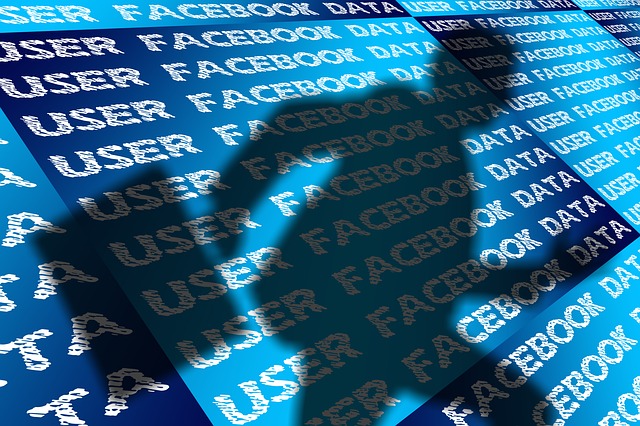What does the Facebook scandal mean to its users
Facebook is currently under fire as news sources have shared that Cambridge Analytica has gained data from 50 million Facebook users.
Cambridge Analytica is a political data firm that helped President Trump’s 2016 campaign. Prominent figures in the media such as singer Cher and co-founder of the WhatsApp messaging service Brian Acton have encouraged fans online to delete their Facebook account.
Starting Monday, the 50 million users will be able to see if their data was shared with Cambridge Analytica.
This may surprise many, but it is certainly not the first time Facebook has let policy violations slip.
In 2014, Aleksandr Kagan, an academic at Cambridge University in the U.K., built an app for Facebook which paid thousands of users to take a personality test. This allowed the app to give back their test results as well as collect data from user’s friends.
Little action was taken during the incident, but Facebook claims that things have changed since then.
Facebook’s CEO Mark Zuckerberg pledged recently to take action to protect data and fix a “breach of trust.”
“We have a responsibility to protect your data, and if we can’t then we don’t deserve to serve you,” said Zuckerberg in a Facebook post.
It seems as they have not changed their playbook in how they’ll fortify the site in cases like these when data is breached.
How the Facebook platform works is that whenever users authorize an app to the site, the site directs them to a page where it’ll ask for permission to access data from user’s accounts. This can vary from wanting the user’s name, friend list, photos or other private data.
Cambridge Analytica did not comply to Facebook’s data protection policies and accessed data without consent from users. Is Cambridge Analytica the one at fault?
Facebook has failed to enforce their own policies by not informing their users and not taking the necessary steps to secure user’s data.
Cambridge Analytica is not the problem. It’s Facebook, the company that is “devoted” to keeping data private.
It is not okay for a company that advocates safe networking to say “oops” and try and sweep it under the rug.
Zuckerberg testified before Congress on Tuesday and I had high hopes that he’d be held accountable for his negligence of his company.
Congress released Zuckerberg’s testimony prior to Tuesday’s hearing. In this testimony, Zuckerberg described what steps were being taken and funny enough, he first begins to point out that the company had made significant changes since 2014 so developers like Kagan can’t do what he did before.
He also stated that they’d remove developers’ access to users’ data if their app hasn’t been used in three months and the improvement of managing apps who have access to user’s data.
The latter seems the most helpful as users were already able to manage their apps except that option was hidden within the settings of the site.
What this scandal has created is value for personal data online like important items inside a safe. This is not the first time private data has been secretly collected, and it certainly won’t be the last. As we continue to learn how to build a stronger safeguard, developers will also learn from the gaping holes we leave open.
Apart from Facebook adding new and revised regulations on how the process of platforms will collect data, the public should learn to be mindful of what services we allow to look at our data to mend some of these holes.
If there is an app advertising a service for free and allows them access to personal data, then perhaps it is not a good idea to allow them access. Sometimes, being mindful means that data should not be shared for friends and friends of friends to see.
This is not the end of the influential site. Facebook knows that a vast majority of people all over the world depend on their site to share and communicate with others and is one of the leading sites for many during leisure time.

